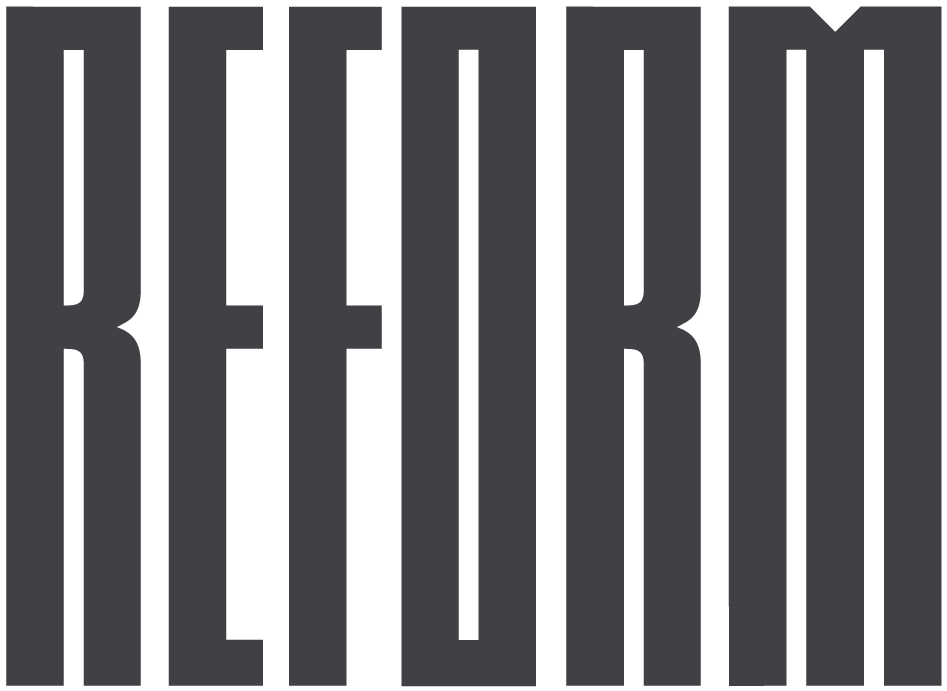
- Identifying Community Health Problems
- Catalyze Innovative Solutions
- Execute Locally
- Make Solutions Scalable and Ready to Spread
An innovative mobile health initiative that brings together partners in preventive care, addiction services, and harm reduction to serve individuals not well-connected to health care, experiencing homelessness and/or living with addiction. Using a creative partnership model, Community Care in Reach combats the opioid epidemic with accessible, on-demand care.
In 2018, The Kraft Center announced the launch of a new slate of projects aimed at reducing disparities in treatment and outcomes in cancer care in the Greater Boston area and beyond. With generous support from Pamela and Alan Trefler and The Trefler Foundation, these initiatives are led by both The Kraft Center and the Massachusetts General Hospital (MGH) Cancer Center and aim to improve cancer care equity in underserved communities through community-based engagement and interventions, with a focus on innovative, sustainable solutions.
The Kraft Center annually sponsors summer internship opportunities for local students who are interested in pursuing jobs in the field of community health, continuing the proud tradition of cultivating future community health leaders.

The Kraft Family Blood Donor Center at Dana-Farber Cancer Institute and Brigham and Women’s Hospital expands the integration of life-saving blood and platelet donations for patients in need. The state-of-the-art facility, which was instituted in part by a $250,000 donation from Robert Kraft, collects blood and platelets and performs essential therapeutic procedures for patients at both Dana-Farber and Brigham and Women’s Hospital.
 The Patriots Platelet Pedalers ride in the Pan Massachusetts Challenge, a weekend-long charity bicycle ride to benefit Dana-Farber Cancer Institute. The Patriots Platelet Pedalers pedal together to support multiple myeloma research and development of novel therapies. More than 100 riders train each year to be part of the Pedalers team and together they have raised more than $12 million since 2008.
The Patriots Platelet Pedalers ride in the Pan Massachusetts Challenge, a weekend-long charity bicycle ride to benefit Dana-Farber Cancer Institute. The Patriots Platelet Pedalers pedal together to support multiple myeloma research and development of novel therapies. More than 100 riders train each year to be part of the Pedalers team and together they have raised more than $12 million since 2008.
The Kraft family has also donated $5 million and aggregated donations totaling $8.9 million to Dana-Farber over the years to support programs to improve early cancer screenings, the prevention of cancer and treatment of cancer in women, and other services.

- Breaking the Supervision-to-Prison Pipeline
- Creating Clear and Fair Pathways to Work, Wellness and Stability
- Safer Communities for All
- Robert Kraft was one of four founding partners to make a $5 Million commitment.
- Three legislative bills will transform California’s probation and parole systems.
- Helped pass a package of effective supervision reforms aimed at revamping Michigan’s probation and parole systems.
- Supported bills that reduce unnecessary and complex conditions and limit never-ending and counterproductive supervision terms to encourage successful, safe, and stable Louisiana communities and families.









